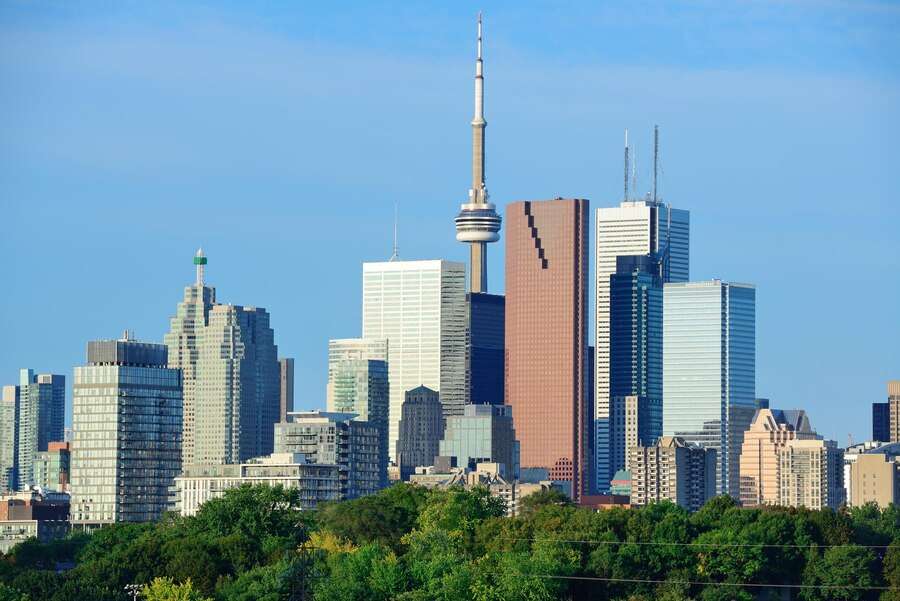BY STEVEN KASZAB
This February, the Tourism Industry Association of Ontario (TIAO) announced a study done among its members and Governmental departments regarding tourism and the effects of American policies that center upon economic factors, tariffs and the relationship between Canada-American industry. Studying the web and flows of internal and external immigration policies, consumer behavior and operators’ costs, a list was formulated and a wish list for action declared.
Some key findings: US inbound market into Canada has been overall down from 2019. In most cases pre-pandemic levels have not been reached, but levels have overall fallen in most provinces. Specific regions such as Niagara Falls have had an uptick of American expenditures, but most Canadian businesses have had a 50% decline in US attendance and spending.
The exchange rate certainly encourages Americans to shop until they drop in Canada’s marketplaces, but this is simply not happening. Favourable exchange rates will continue to be a buyer’s paradise in Canada for US consumers. Many tour operators and businesses rely upon US products and services. Prices have and will continue to increase as long as these American products are still sourced and sold in Canada. Many tourism-based firms are relooking their business plans with concern and uncertainty.
TIAO suggested immediate action; the Ontario government spent 15 million on domestic, US and international marketing, creating a $20 million dollar fund to secure national and international sporting and business events. Municipal governments are called upon to offer tax loopholes to strengthen destination marketing and increase revenue as well as improve federal immigration policies to attract international tourism students and workers. Finally improve and expand air, rail, motor coach and public transit methods of travel to Ontario destinations.
““The exchange rate certainly encourages Americans to shop until they drop in Canada’s marketplaces, but this is simply not happening.”
Overall, TIAO wants the Ontario government to spend millions. TIAO is responsible for much of what they ask the government to do. Be the voice of the tourism industry, help attract tourists to our province and solidify and unite tourism industry expansion. Typical private industry demanding the government to do part of their job. The tourism Industry has a responsibility to its membership but should also suggest individual tourism businesses flip the bill financially. There are too many instances where a business sector complains about governmental regulations and troublesome government involvement in their affairs, yet when the chips are down their hands go out like a beggar on Bloor Street.
The business world knew the use of tariffs by the Trump Administration would happen. He told the world so during the four-year election cycle before winning office. As usual, private concerns did very little, did not prepare, or create a plan to deal with the possibility of a tariff war and its fallout. “Hope for the best, but prepare for the worst” I say, but businesses are too dependent upon the government expenditures they have received in the past. TIAO acts like the Caribana Festival Organization that is depending on the local, provincial and federal governments instead of formulating a plan to create revenue. The tourism industry should have prepared to do the following:
- Ship their focus from US consumers to Canadian domestic and international potential customers
- Create a bailout package for assisting their membership in transition
- Connect and collaborate with Canadian colleges and universities to train future staff and create potential customers
- Manage and grow the special event, especially unique activity sector of their industry
TIAO must realize that only in unity can the Canadian industry thrive, uniting and co-joining with: tourism, educational institutions, the banking system, governmental agencies, ethnic groups, and media centers into a powerhouse of Canadian industry centered on the tourism trade.

